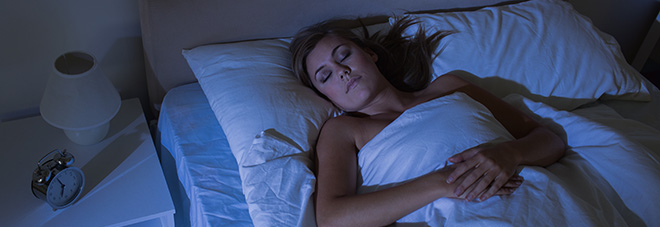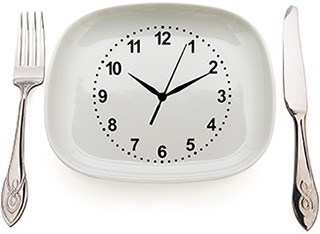Can Fasting Affect Your Cancer Risk?
Researchers are examining whether extended overnight fasting decreases the risk for breast cancer.

A decreased number of hours spent eating each day and an increased number of hours spent fasting overnight might reduce a woman’s risk for breast cancer by improving glycemic control, public health researchers recently reported.
“We found that women who fasted for longer periods of time overnight had significantly better control over blood glucose concentrations and these effects were independent of how much they ate,” said Catherine Marinac, a doctoral candidate in public health at the University of California, San Diego. “This finding is relevant to cancer research because people who have poor glucose control are more likely to develop certain types of cancer, and it is hypothesized that high concentrations of circulating glucose may fuel cancer growth and progression.”
Ms. Marinac presented the research at the American Association for Cancer Research (AACR) Annual Meeting 2015 in Philadelphia. The study was simultaneously published in Cancer Epidemiology, Biomarkers & Prevention, a journal of the American Association for Cancer Research.

The researchers found that for each three-hour increase in nighttime fasting, women had a four percent lower two-hour postprandial blood sugar measurement. Women in this study fasted for about 12 hours each night.
“If these findings are reproduced, it would mean that increasing the duration of overnight fasting could be a novel strategy to reduce the risk for developing breast cancer,” Ms. Marinac said. “This is a simple dietary change that we believe most women can understand and adopt, and it may have a big impact on public health.”
She noted that research in mice has suggested that decreasing the number of hours spent eating during the day and increasing the length of time of fasting overnight may improve metabolic parameters and reduce the risk of developing a number of chronic diseases, including cancer. To explore this association further in humans, the researchers looked at possible associations between the duration of nighttime fasting and glycemic control biomarkers that are linked to increased breast cancer risk.
“Our group is hoping to gain funding for a large-scale trial to confirm these findings,” Ms. Marinac said.
